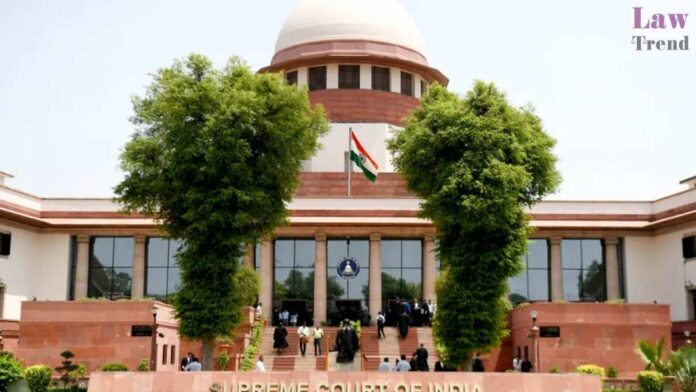The Supreme Court of India, in a judgment delivered on August 25, 2025, has dismissed an appeal in a property partition suit, affirming the decision of the Karnataka High Court. The bench, comprising Justice Sanjay Karol and Justice Prashant Kumar Mishra, held that a strong presumption of marriage arises from long and continuous cohabitation. The
To Read More Please Subscribe to VIP Membership for Unlimited Access to All the Articles, Download Available Copies of Judgments/Order, Acess to Central/State Bare Acts, Advertisement Free Content, Access to More than 4000 Legal Drafts( Readymade Editable Formats of Suits, Petitions, Writs, Legal Notices, Divorce Petitions, 138 Notices, Bail Applications etc.) in Hindi and English.




